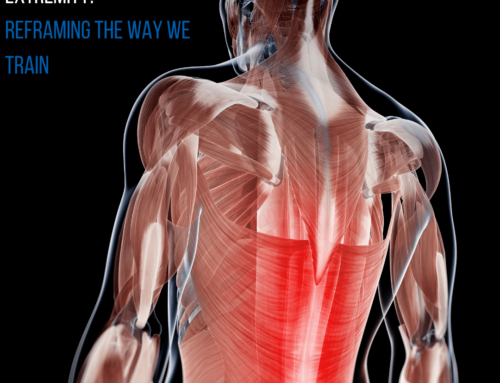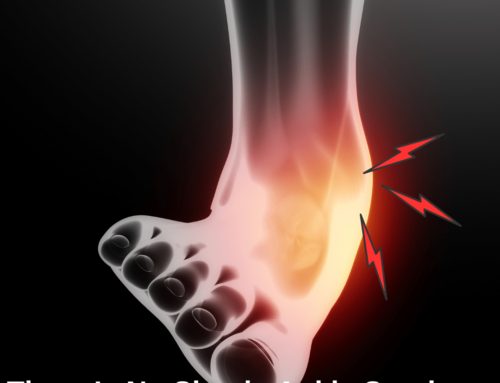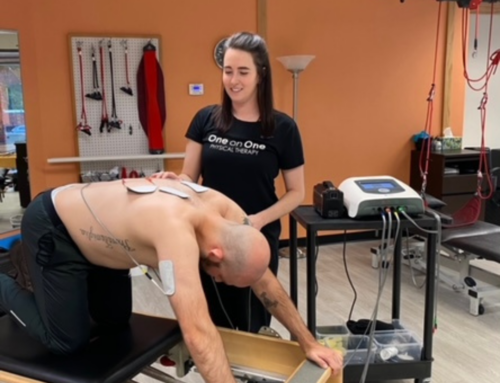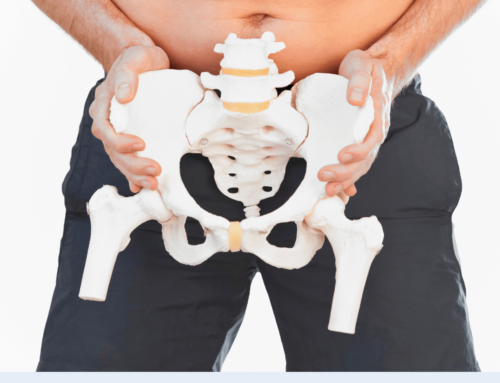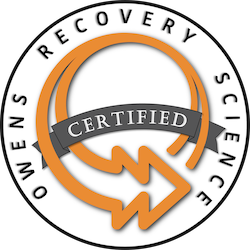Incontinence & Sexual Dysfunction
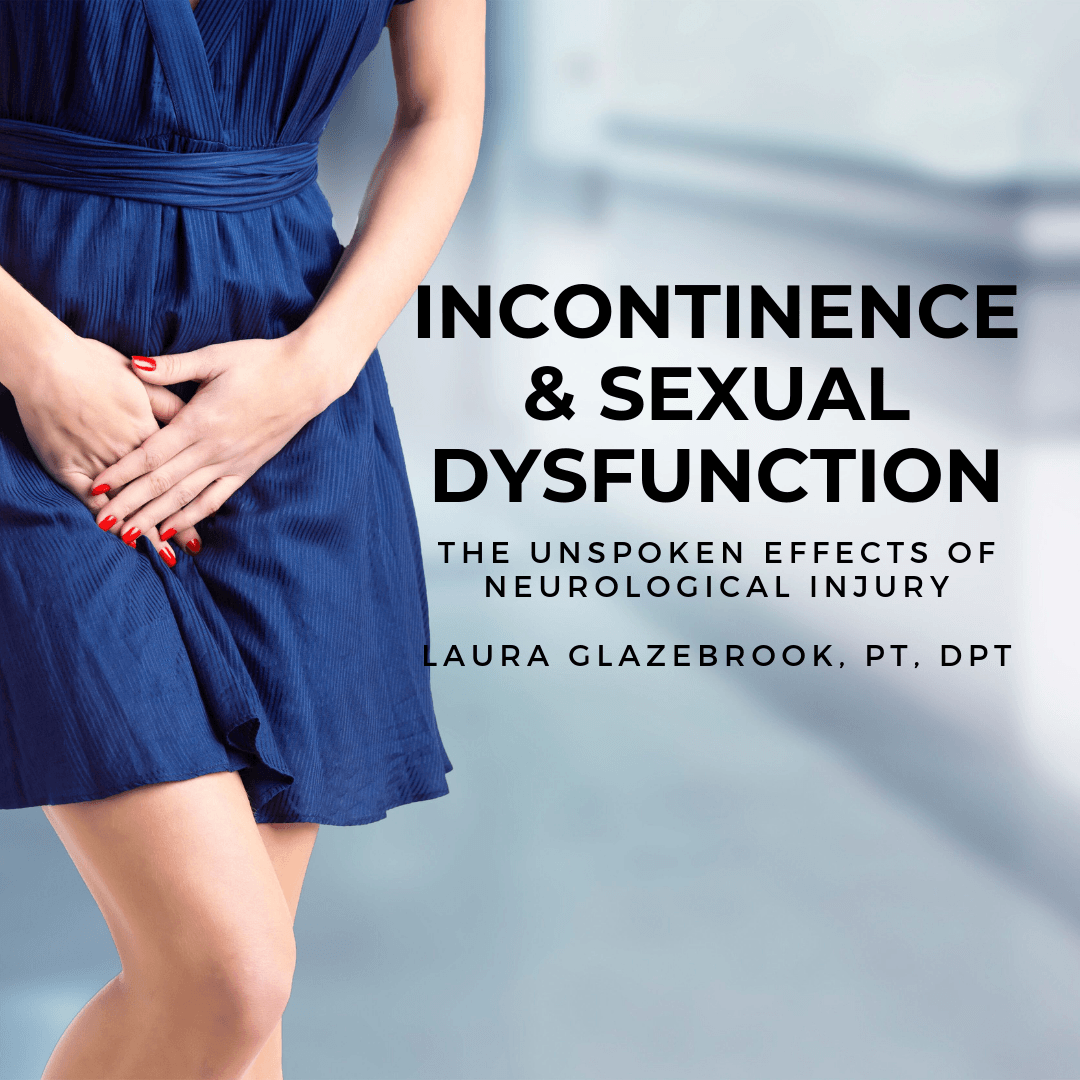
The Questions No One Is Asking
No one dreams of finding themselves here, but every year it happens to thousands more. A catastrophic injury. An unthinkable diagnosis. Your life is turned upside down, and you have to find some way to pick up the pieces and rebuild. Sometimes the initial rehab experience is overwhelmingly devoted to figuring out new ways to move, rebuilding strength or learning how to adapt to normal activities of daily living. This process may take weeks or months to complete. Eventually, though, you adapt to a new normal.
Sometimes, certain issues that you may be dealing with may have been overlooked in your initial rehab stay as these weren’t the primary concerns at the time, but they are important and may be affecting your way of life. Even at the best facilities, PTs may not have the time or the training to address these sensitive needs. Sometimes it’s intimidating to ask the “uncomfortable” questions:
- Are you able to make it to the bathroom?
- Do you ever leak urine during the day?
- Have you noticed any changes in your experience with sex since this happened?
- Do you have pain in or around your pelvis that you didn’t have before?
Incontinence
Defined as the involuntary loss of urine or fecal matter, incontinence can often occur alongside the initial injury or diagnosis. The National Association for Continence estimates there are approximately 25 million adults impacted in the US, spending an average of $20 billion on treatment. These numbers are significant. Around half of individuals with a stroke or brain injury suffer from incontinence during the recovery process. For some, recovery happens spontaneously, but for others, they continue to have problems.
Factors That Contribute to Incontinence Following a Neurological Injury:
- Impaired sensation or awareness: being unaware of the need to use the bathroom until an accident occurs
- Impaired dexterity: making it challenging to move clothes out of the way in time to get to the toilet
- Having decreased mobility: needing more help to get up or more time to make it to the bathroom
- Effects of medication: which can change how frequently the bladder fills, cause loose stools or constipation
- Difficulty communicating the need to use the bathroom
Sexual Function Changes
Another area that doesn’t get much attention in the rehab world is the impact an injury can have on your sexual function. Pelvic pain, pain with intercourse, and the inability to orgasm are not normal, regardless of injury, and should be evaluated.
How Physical Therapy Can Help
At One on One PT, we have a Neurological Physical Therapist (PT) who also has pelvic floor training. The information from the comprehensive evaluation, including a detailed history, allows us to create an individualized treatment plan that may include:
- Family or caregiver education
- Neuromuscular re-education
- Establishing or changing toileting habits
- Manual therapy
- Breathing & relaxation techniques
- Bowel and bladder retraining
- Strategies for pain relief
- Biofeedback
Regardless of the length of time since the injury, it is important to get intermittent evaluations by a PT to optimize function, update exercise programs, and improve the efficiency of movement patterns.
In the state of Georgia, PTs do not need a prescription from a physician to perform an evaluation. If at the time of evaluation it is determined physical therapy is warranted, the PT can contact the doctor’s office with the plan of care and get a prescription for you.
If you, or someone you know, are coping with pelvic floor issues such as pain or incontinence, contact One on One Physical Therapy to schedule an evaluation, or email laurag@onetherapy.com for more information.
Sources:
https://www.bladderandbowel.org/associated-illness/cva-stroke/
